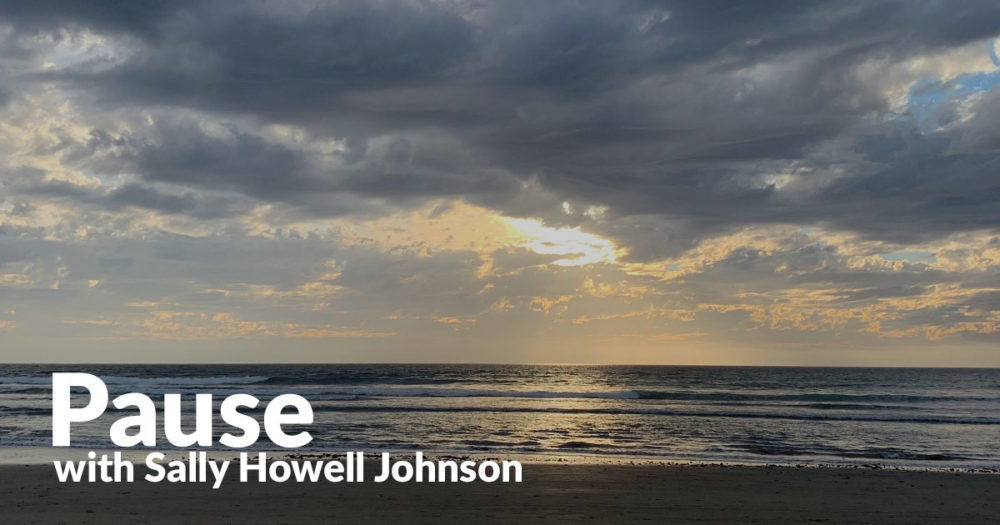For most people there are texts they hold as sacred. For those in faith traditions, there are the words that have been handed down through time, stories and accounts of the believers and faithful who honed a path, the ancestors. For some, certain songs are held sacred. Though the tunes may have once been sung by the common folk in common places, words were added, the place they were sung changed and so a sacred song is born. These are all words and strings of words that help point us to the Holy, that help us experience or express our experience of the Divine. Sacred texts.
As someone who makes their home in the Christian household, I certainly hold the words of both the Hebrew and Christian scriptures as sacred. They express for me the ancient and enormous story into which I was born, out of which I have found expression of faith and through which I make meaning of this life of the Spirit. While I may argue with some of the words or even question some others, the majority of the words have made a home in me in ways that continue to illuminate the movement of God.
But over time I have come to hold other texts as sacred also. I have found certain writers both contemporary and past whose words help me articulate my understanding of the Holy. These writers of both fiction and nonfiction help me make sense of the ever-evolving understanding of what it means to be a person of faith. In some memoirs I have read I have seen the Spirit dance between word and paragraph, phrase and sentence. In the telling of the writer’s life I have seen my own and come to know the presence of God in a deeper way.
But it is the poet that most often causes my heart to awaken to the Mystery that walks with me. Particularly in the last years it has been the well chosen, beautiful words of Mary Oliver who have said just what my heart knew but had no words for. Yesterday I looked at the calendar I consult most mornings, a listing of days whose individual squares carry a short thought or quote to carry with me through the day. Yesterday’s square also pointed out that it was Oliver’s birthday. I smiled and felt the warmth of her words, some of which I have tried to etch into my skin like an invisible tattoo.
“Tell me, what do you plan to do with your one wild and precious life?” ” You do not have to be good. You do not have to walk on your knees for a hundred miles, repenting.” “Who made the world? Who made the swan, and the black bear? Who made the grasshopper?” ” Whoever you are, no matter how lonely, the world offers itself to your imagination, calls to you like the wild geese, harsh and exciting- over and over announcing your place in the family of things.”One day you finally knew what you had to do, and began, though the voices around you kept shouting their bad advice – though the whole house began to tremble and you felt the old tug at your ankles. ‘Mend my life!’ The voice cried.” “I am a woman of sixty years and glory is my work.”
These words and many others have become sacred text for me. The books that hold them stand on my shelves alongside more ancient words that also illuminate the movement of God in the world, in my life. Like Oliver I often find the Divine in the questions that wriggle under my skin and make a home. She turned some of those questions into a poem, using first the questions followed by her poetic answers, to help give rise to Gratitude: What did you notice? What did you hear? What did you admire? What astonished you? What would you like to see again? What was most tender?What was most wonderful? What did you think was happening? Good questions to carry into any day.
For these questions and the creative and gracious life of Mary Oliver, I am thankful. For how her words have helped me and others experience the presence of God and tell that story in the world, I am humbled. I celebrate her birth and thank her for her sacred texts.

